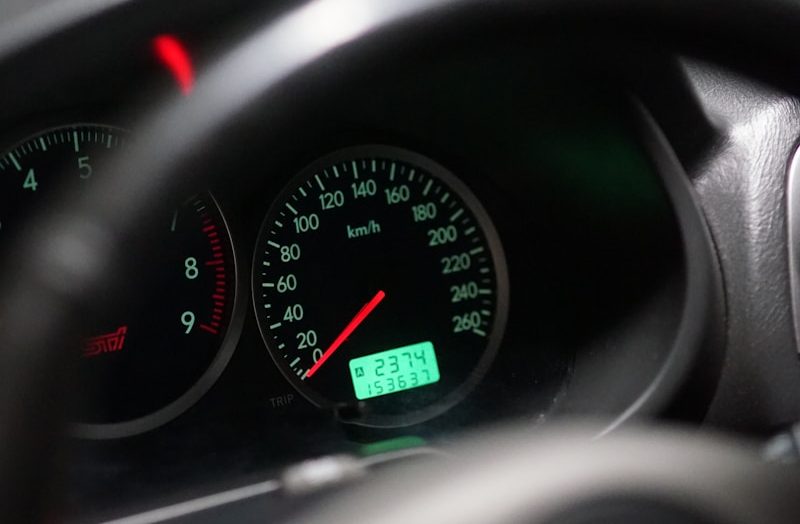When you’re behind the wheel, your instrument cluster is your dashboard’s command center. It tells you how fast you’re going, how much gas you have left, and if there’s something wrong with your vehicle. So, when the whole thing stops working or starts acting up, it’s not just annoying—it can be dangerous and result in a Reno Car accident. A dead speedometer, flickering warning lights, or an unresponsive fuel gauge can easily lead to risky situations on the road. If you’re wondering why your instrument cluster isn’t behaving the way it should, here are the five most common culprits to check for.
1. Blown Fuses
One of the simplest and most common reasons for an instrument cluster not working is a blown fuse. Your vehicle’s fuse box acts like a safeguard, preventing electrical overloads from damaging essential components. If the fuse responsible for your dashboard cluster blows, the gauges, lights, or even the entire display can go dark. The good news is that this is often an easy fix. Locate your car’s fuse box (usually under the dash or in the engine bay), identify the faulty fuse, and replace it with one of the same amperage. However, if the new fuse blows again quickly, that could signal a bigger electrical problem.
2. Faulty Instrument Cluster Itself
Sometimes, the problem lies directly within the instrument cluster. Over time, the circuit board inside the cluster can develop cracks, solder joints can fail, or electronic components can deteriorate due to wear. You may notice that certain gauges stop working while others continue to function, or the entire display may go out completely. This type of failure is often observed in older cars or vehicles that have been exposed to heat and vibration for years. Unfortunately, replacing or repairing an instrument cluster can be costly, depending on your car’s make and model. Some clusters require reprogramming after installation, so this isn’t always a DIY project.
3. Wiring or Connector Issues
Behind your dashboard is a maze of wires and connectors that supply power and data to the instrument cluster. If a wire becomes frayed, corroded, or disconnected, it can cause flickering gauges or a complete cluster failure. Rodents sometimes chew on car wiring, particularly in vehicles that have been parked for extended periods. Vibrations from regular driving can also cause connections to loosen over time. Diagnosing wiring problems can be tricky without the proper tools, so it’s usually best to have a qualified technician inspect it. Catching a wiring issue early can prevent more extensive (and expensive) electrical problems later.
4. Sensor Failures
Your car’s gauges rely on data from various sensors. For example, the speedometer uses information from the vehicle speed sensor, while the fuel gauge relies on data from the fuel level sensor. If one of these sensors malfunctions, the corresponding gauge may display inaccurate readings or cease to function altogether. While the rest of the cluster may still function normally, faulty sensor readings can confuse and lead to hazardous situations, such as running out of fuel unexpectedly or speeding without realizing it. Replacing a sensor is typically less expensive than repairing the cluster itself, but proper diagnosis is key.
5. Bad Ground Connection
Your car’s electrical system depends on solid ground connections to work correctly. A poor or corroded ground can cause various electrical issues, including problems with the instrument cluster. If your dashboard lights dim when you turn on another electrical component, or if gauges behave erratically, a bad ground connection could be to blame. Sometimes, simply cleaning and tightening the ground wires can resolve the issue. However, in other cases, you may need professional help to identify the root of the problem.
Final Thoughts: Stay Safe & Know When to Call a Lawyer
A faulty instrument cluster isn’t just an inconvenience—it can be a safety hazard. Driving without knowing your speed, fuel level, or warning indicators can lead to serious accidents. If you find yourself in a Reno Car accident because your vehicle’s instrument panel failed, it’s essential to investigate whether a manufacturer defect or repair negligence played a role. In those cases, don’t just accept the consequences—consider consulting with an experienced attorney. Legal action might help you recover damages and hold the responsible parties accountable.








